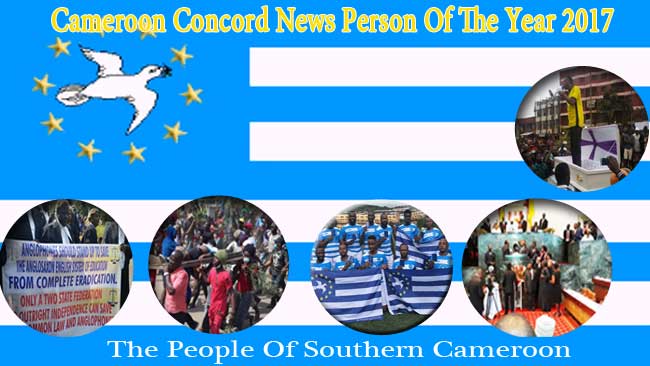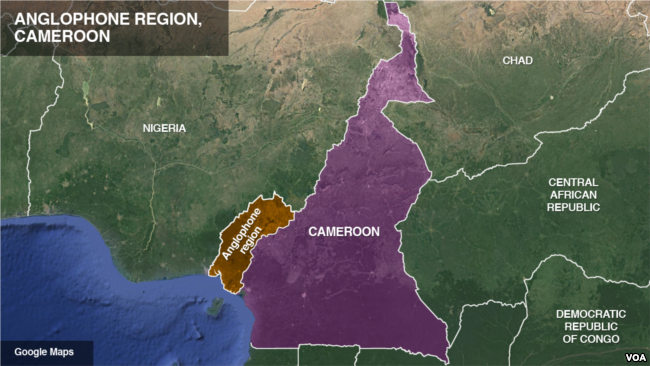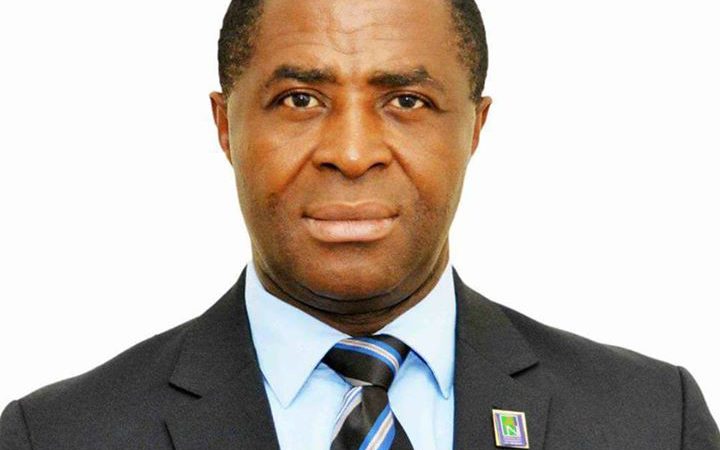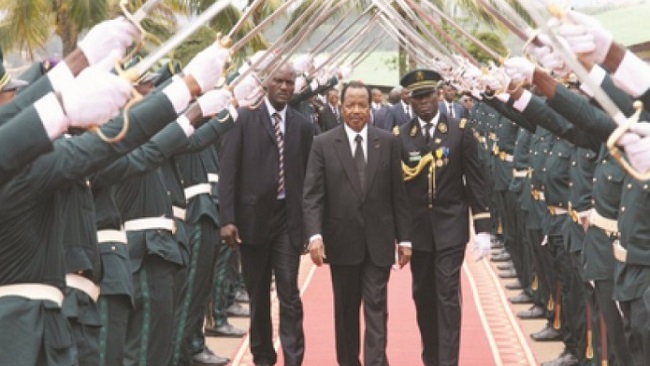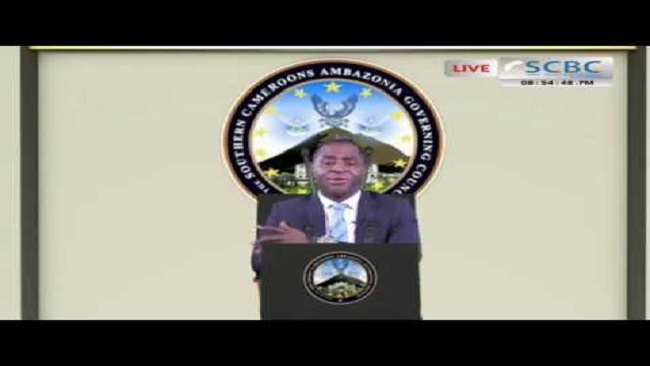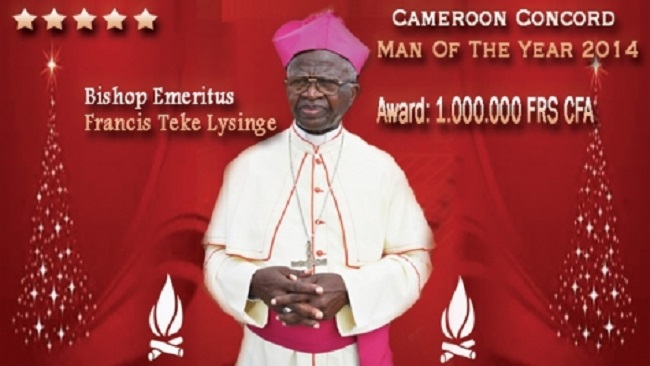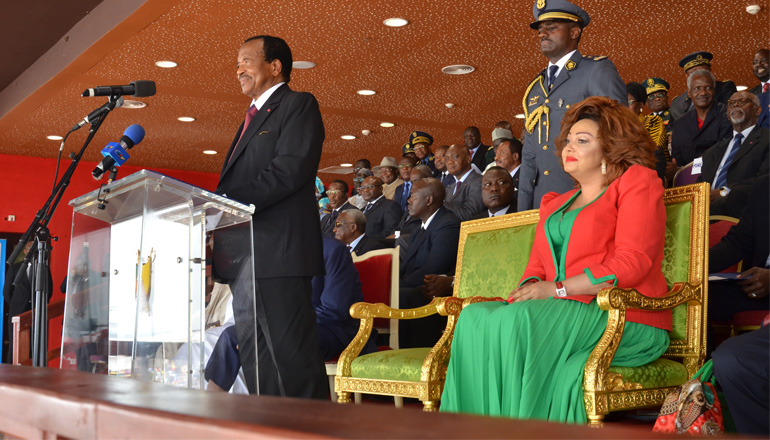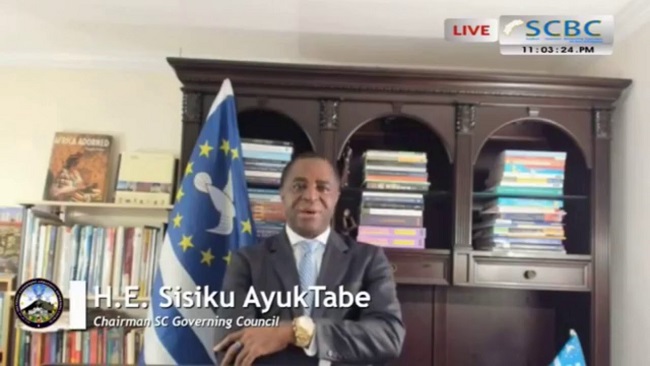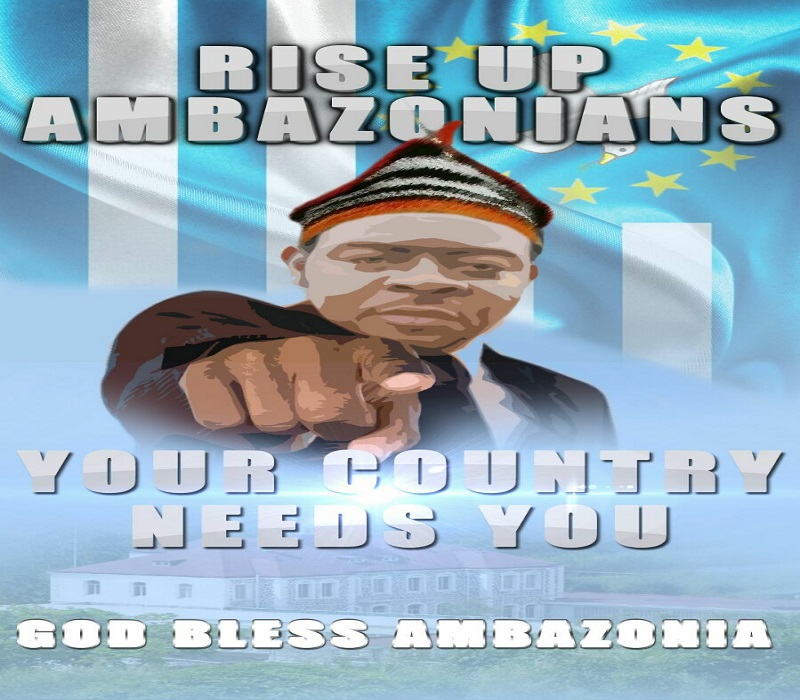Cameroon Concord News Person of the Year 2017: The People of Southern Cameroons
The Cameroon Concord News Person of the Year award goes to the Southern Cameroons and all its citizens individually and collectively. The collective nature of this choice is justified.
Fifty-six years ago, the Southern Cameroons a United Nations Trust territory under British administration, was betrayed and sold off to France through its vassal state of French Cameroun. In terms of analogy, the enslavement and selling off black Africans by criminal gangs to whom NATO/EU nations handed Libya, revolting as it is, pales in terms of the collective genocidal intent evident in the slave deal over the Southern Cameroons with the complicity of the United Nations, Great Britain and France.
Great Britain and France were among the key actors on whom humanity relied to create the United Nations on the 26 of June 1945 in San Francisco. This underscored a firm determination of the civilized world “to reaffirm faith in fundamental human rights, in the dignity and worth of the human person, in the equal rights of men and women and of nations large and small’. In consequence therefore, the United Nations Organization went operational on 24 October 1945 with among other goals to fulfill a critical determination to meet its charter obligation under article 76 (b) “to promote the political, economic, social, and educational advancement of the inhabitants of the trust territories, and their progressive development towards self-government or independence as may be appropriate to the particular circumstances of each territory and its peoples and the freely expressed wishes of the peoples concerned, and as may be provided by the terms of each trusteeship agreement”.
Pursuant to this multilateral treaty obligation, the United Nations oversaw the grant of independence to French Cameroun on 1 January 1960 although, it remains a vassal state of France. When the time came for the realization of the UN multilateral treaty obligation towards the Southern Cameroons on 1 October 1961, Great Britain handed the articles of sovereignty over the territory to French vassal state of French Cameroun and France’s proxy army of occupation in the night of 30 September 1961. Ever since, the genocidal onslaught and ferocious intensity with which it is executed qualifies the Southern Cameroons as a cancer on the conscience of the international community. The genocide that was carefully weaved into the slave deal apart, the racism that underpinned the callousness of the impunity with which Southern Cameroons was sacrificed to satisfy or fulfil the imperial economic interests of Britain and France, more than anything establishes that these superpowers perceived the United Nations as an institution they may rely on to legitimize imperial domination over supposed independent African nations. The selling off the Southern Cameroons into slavery at its threshold to independence explains this eloquently.
This is further explained by the complicit silence or inaction of the UN to the consequences in terms of Southern Cameroonian lives lost, legal and cultural identity destroyed, economy raped and culture of terror, and international criminality imposed on the Southern Cameroons on the watch of the UN and its ancillary institutions. Judging from the timid and complicit statements of the France-Afrique neocolonial UN Secretary-General Representative for Central Africa, François Louncény Fall of Guinea an avowed paid agent of French Cameroun aimed at whitewashing the genocide of Southern Cameroons by attempting to make victims out of French Cameroun criminal genocide executioners, it is safe under these circumstances to conclude that the infiltration of the international system over the years rather than dissuade, encouraged impunity and
Despite these obstacles and the seemingly unsurmountable odds against the Southern Cameroons, after fifty-six years of excruciating life under genocide, terror, economic terrorism, and all forms of international criminality imaginable, the people rose as one on the 22 September 2017, and ultimately on 1 October 2017 to reclaim their freedom and independence. The deployment by French Cameroun of helicopter gunships and other ordnance supplied by France and other international actors to fight Boko Haram to kill and maim in large and systematic scale hundreds of thousands of armless Southern Cameroonians failed to abate the resolve of a determined independence seeking people of the Southern Cameroons.
The genocidal intent of French Cameroun leaders in the prosecution of the genocide and crimes against humanity against the Southern Cameroons has consistently been expressed during their official functions and through news networks under their control. Unlike genocide, crimes against humanity and war crimes that were committed in some parts of the world by carefully sophisticated institutional frameworks and death squads, the planners, commanders and executioners of the genocide of the Southern Cameroons have publicly taken credit for their brazen acts of criminality.
They deployed and commanded the criminal death squads and praised them for the cruelty with which they have been executing the genocide and sundry international crimes against Southern Cameroonians : The unexhaustive list of criminals and persons who bear the greatest responsibility for the international crimes committed against the Southern Cameroons are, Paul Biya, President of French Cameroun, President of the National Assembly of French Cameroun, Cavaye Yegui Djibril, President of the Senate of French Cameroun,Marcel Niat, French Cameroun’s government spokesman Issa Tchiroma Bakary, Minister of Justice, Laurent Esso, Minister of Higher Education, Fame Ndongo, Minister of Defence, Joseph Beti Assomo, Minister in charge of Missions at the Presidency, Paul Atanga Nji, Minister of Post and Telecommunications,Minette Libom Li Likeng Governor of the South West,Bernard Okalia Bilai, Governor of the North West, Adolphe Lele Lafrique, Minister of State in charge of the Gendarmerie, Jean Baptiste Bonkam, Delegate General in charge of National Security, Mbarga Nguele Martin, Army Chiefs of French Cameroun and all their proconsuls so-called senior SDO.s , Mayor Ekema Patrick Esunge, CRTV, Vision 4 television, Cameroon Tribune, French Cameroun Military Court, and the CPDM party etc. The ferocity and cruelty of these crimes did not deter Southern Cameroonians from reaching Buea the capital of the Southern Cameroons to symbolically reassert the independence of the Southern Cameroons which they hence proclaimed as the Federal Republic of Ambazonia.
The revolutionary spirit of the people of the Federal Republic of Ambazonia and the unparalleled mobilization of Southern Cameroonians around the world to condemn and urge intervention to abate the ongoing crimes and for the perpetrators to be brought to book, sent a loud and clear message to French Cameroun and the world at large, that the independence of the Ambazonia fatherland which is non-negotiable and sacrosanct will be defended at all costs. Southern Cameroons has demonstrated to the world that anything short of this will be a betrayal of the martyrs who died, peace plants leaves in hand, singing the songs of liberation, freedom and independence.
Today, Cameroon Concord News Group recognizes for honour all Southern Cameroonians and all its citizens, dead or alive, home or abroad, free or in detention for their determination in securing and defending the independence of the Federal Republic of Ambazonia even at the supreme price. You have evinced an irrevocable determination to defend the goals of this revolution. Armless and with peace plants as symbols of peace, you demonstrated to the international community that you understand the universal tenets of peace, justice and freedom.
In slaughtering many of you in cold blood, the cowardly soldiers of French Cameroon set up themselves and their commanders as legitimate targets of attacks in defense of the Southern Cameroons homeland and its people. The President of the Interim Government of Ambazonia H.E Sisiku Ayuk Tabe conveyed this option to French Cameroun in a televised interview on a French television channel recently. When that option will be deemed to be the only alternative left, in pushing the enemy from the territory of Ambazonia, the enemy will feel the full wait of Ambazonia’s collective resolve. When the moment comes, and there is growing grassroots support for the option, French Cameroon and its crime syndicate in power, will know and pay the price for its unprovoked aggression and consequential costs in Ambazonian lives, economy and cultural heritage. For your resolve and sacrifice in the defence of the universal tenets of our humanity at risk, you deserve Cameroon Concord News Person Of The Year Award.
Congratulation.
By Soter Tarh Agbaw-Ebai
Chairman and Editor-in-Chief
Cameroon Concord News Group

